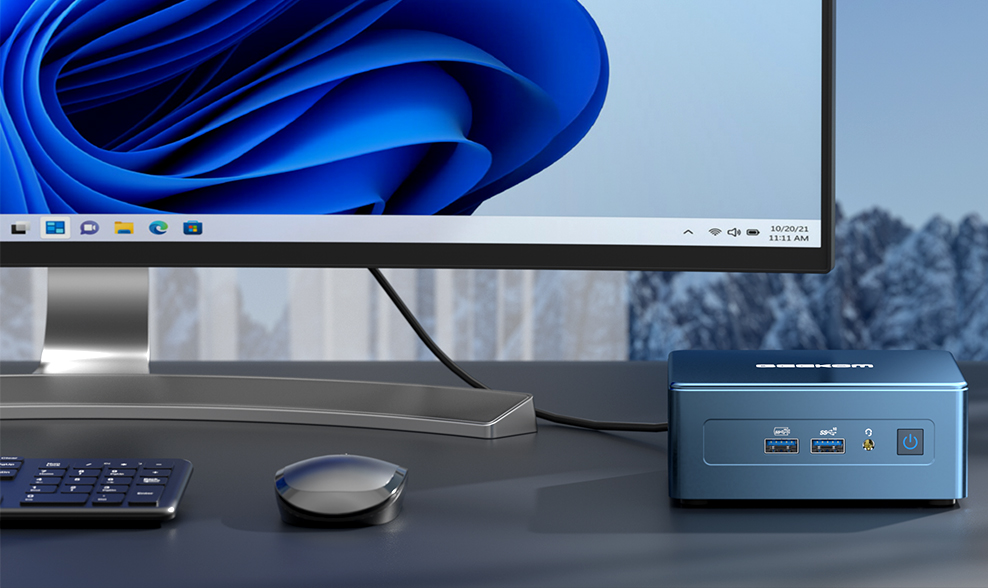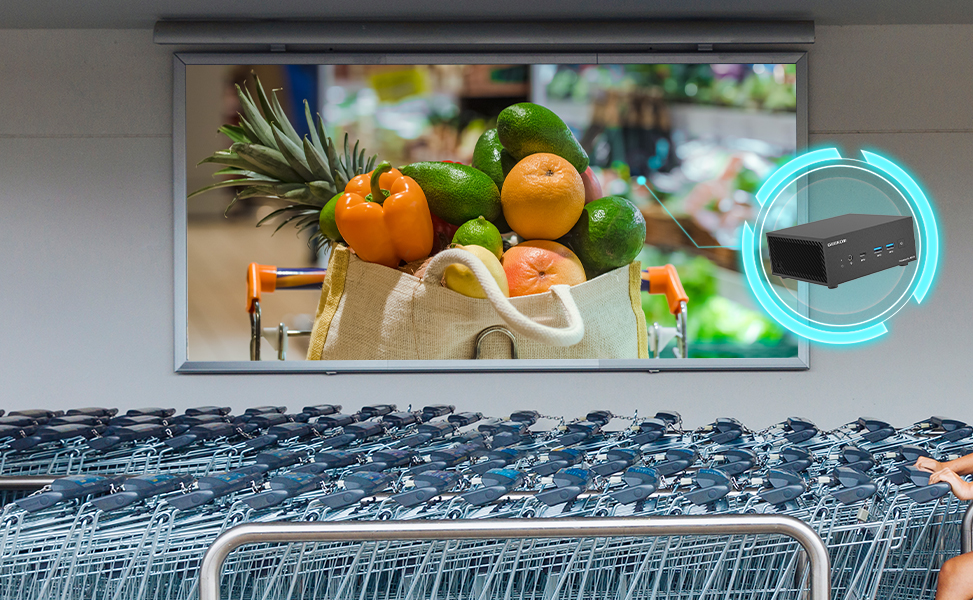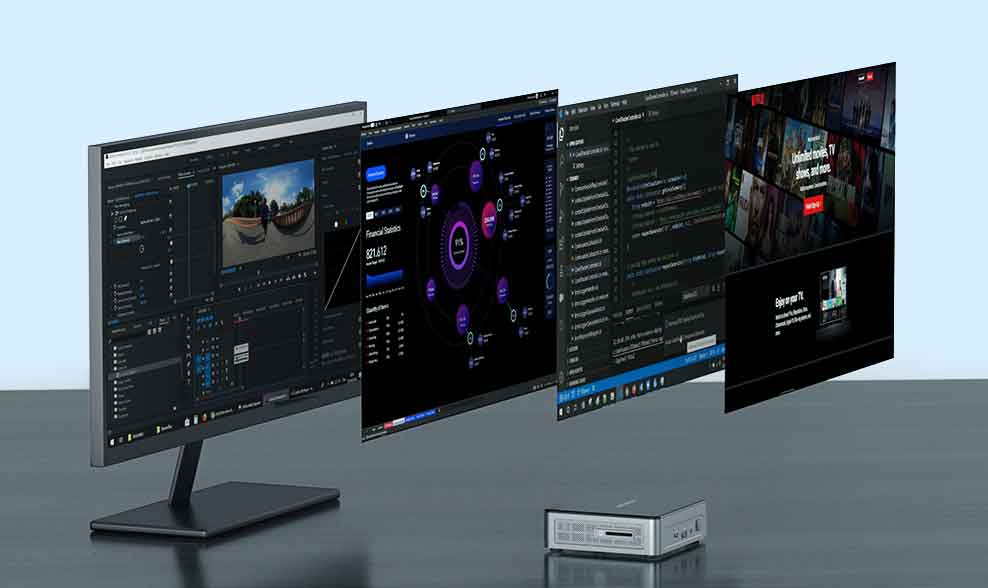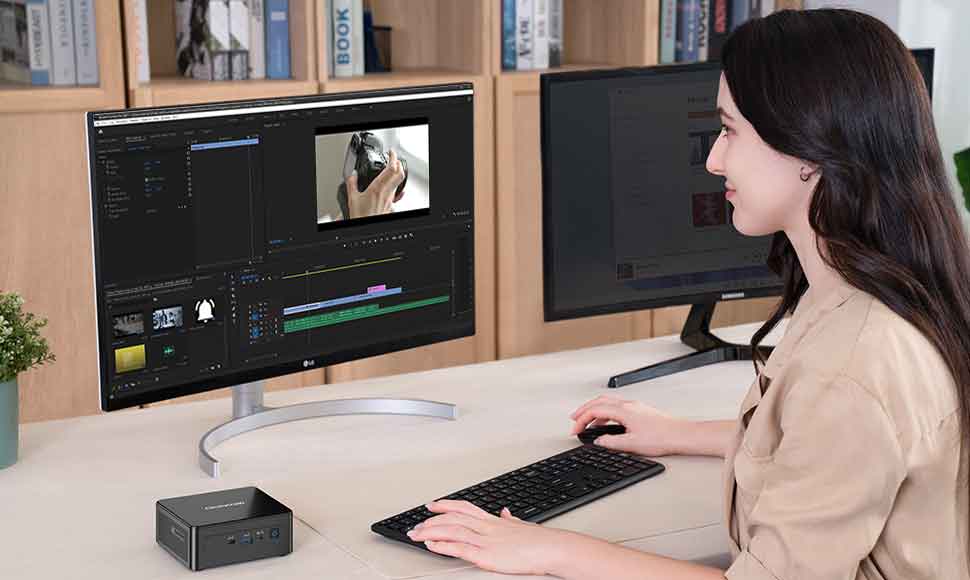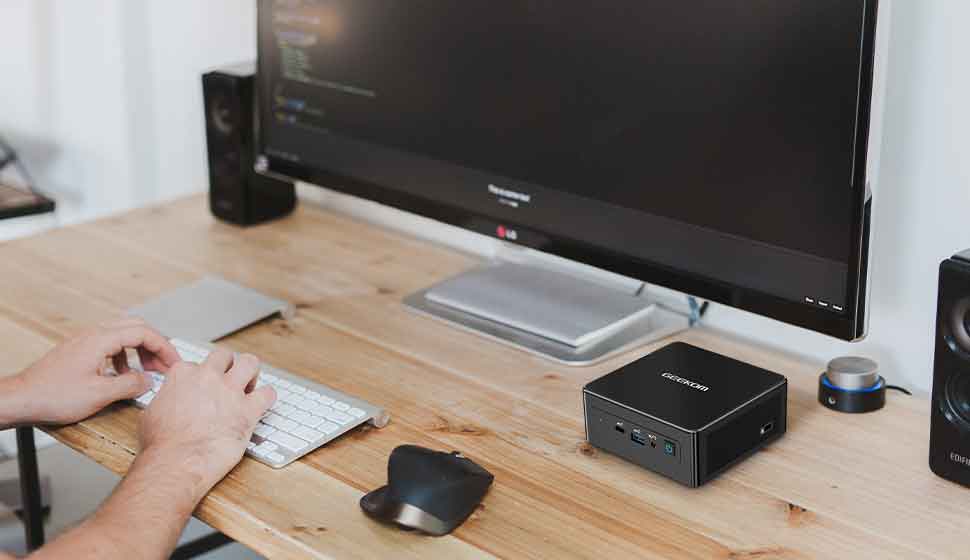Maybe you've heard the term mini PC before and are curious about it. Is a mini PC suitable for coding? Are they worth buying? What are the most important considerations before purchasing?
If you are looking for answers to these questions, you have come to the right place. Let's discuss these PCs, their advantages and the best ones for programmers.
Is a mini PC suitable for programming?
Mini PC, It is a variant of a regular computer that has most of the features of a larger one, but is smaller, as the name suggests. However, nowadays size doesn't matter much, mini PCs are more suitable in the coding direction.
Unlike laptops, monitors are not limited in that they can be connected to any display to work efficiently with multiple screens.
So are these tiny devices missing something?
Of course, it's only natural for a mini PC to lack some features. Some of them are a cooling system, a battery and some external devices (mouse, keyboard, etc.). But you can add them via Bluetooth and even buy a set of accessories for your new device.
Advantages of ongoing programming in the mini PC
1) Cost
Not to state the obvious, but a small PC is more cost-effective than a regular one. It's only natural since it has fewer components and is smaller.
If you're on a budget and don't want to (or can't) spend hundreds or thousands of dollars, you can opt for a mini PC for coding instead.
2) Portability
Programmers can benefit from carrying around devices that they can code into. Since they are designed for this purpose, you can be sure that they will work. You can take your mini device with you wherever you feel most comfortable while programming.
3) Energy consumption
A normal, large PC uses 20 to 80 watts, while a mini PC can only use 10 watts. Of course, it depends on how long you use it and how much work you have. However, since electricity is becoming more expensive day by day, a device that doesn't consume as much is an advantage.
Considerations when choosing a mini PC for coding
1) At least an i5 processor
Make sure your mini PC runs on at least an i5. While an i7 is better than an i5 processor, rest assured that you can use an i5 on your mini PC for programming without suffering.
2) At least 8GB RAM
If you are a programmer, you already know that less than 8GB of RAM is unacceptable. Your device won't work smoothly, tasks will be way too slow, and you won't feel comfortable coding. Find a mini PC for programmers with at least 8GB of RAM. More is acceptable, less probably not.
3.) SSD or HDD?
Recently people have been debating whether SSD or HDD is better for your computer storage. The truth is that most people still stick with HDD as it is better and more cost-effective overall, but let's take a look at each one.
The main difference is how data is stored and accessed. An HDD uses spinning platters and moving read/write to access data. You can think of them as vinyl recording albums. On the other hand, SSDs are newer and faster, storing data on instantly accessible memory chips. For a programmer, this is key.
As a result, SSDs are faster and less vulnerable than HDDs. If you are looking for a portable, small PC for programming, SSD is the best option.
4) Split screen support
Split screens make everything easier, including work. You can see the app running while you work on the code, which helps with debugging. But you can also open tabs for other purposes, such as: E.g. Gmail for communicating with your team or boss or instructions for troubleshooting any errors that may arise.
However, make sure your new mini PC supports split screens. Otherwise, programming on it can become challenging and frustrating.
5) The latest operating system
Again, if you plan on programming on your new device, please stay up to date on the latest system version.
The version of the system is important for the IDEthat you will use and the type of application you will build on top of it.
Regarding Windows, the operating system recently introduced Windows 11. If you have a mini PC Find one that offers Windows 11, you should take it.
What about Apple? The latest operating system is macOS 12.0. Again, you may have to settle for older versions, but try to stick with the newer ones.
Best Mini PC for Coding
1) Intel NUC 8
This mini PC contains an 8th generation Intel Core processor, either i5 or i7. If you are looking for an i5 mini PC, this is your first choice. Its pre-installed operating system is Windows 10, 64-bit, and it has 16GB RAM and 1TB HDD. Finally, it supports up to 3 different displays.
Compared to the requirements discussed above, it far exceeds them. In any case, programmers should find these features beneficial.
characteristics
- Intel Core i5 or i7
- Windows 10 64-bit
- 16 GB of RAM
- 1TB hard drive
- Up to 3 different displays
- 3 year guarantee
2) GEEKOM IT8
This small workstation PC offers excellent value for money. It comes with Windows 11 Pro and an Intel Core i5 processor. It also supports Dual channel-DDR4 RAM and its large storage capacity of up to 1TB allows for easy expansion.
And it can display up to 4 monitors, all in 4K, programmers will be pleased to know that they can connect multiple displays to the computer.
characteristics
- Intel Core i5
- Windows 11 Pro
- Up to 1TB
- 16 GB of RAM
- Up to 4 displays in 4K

